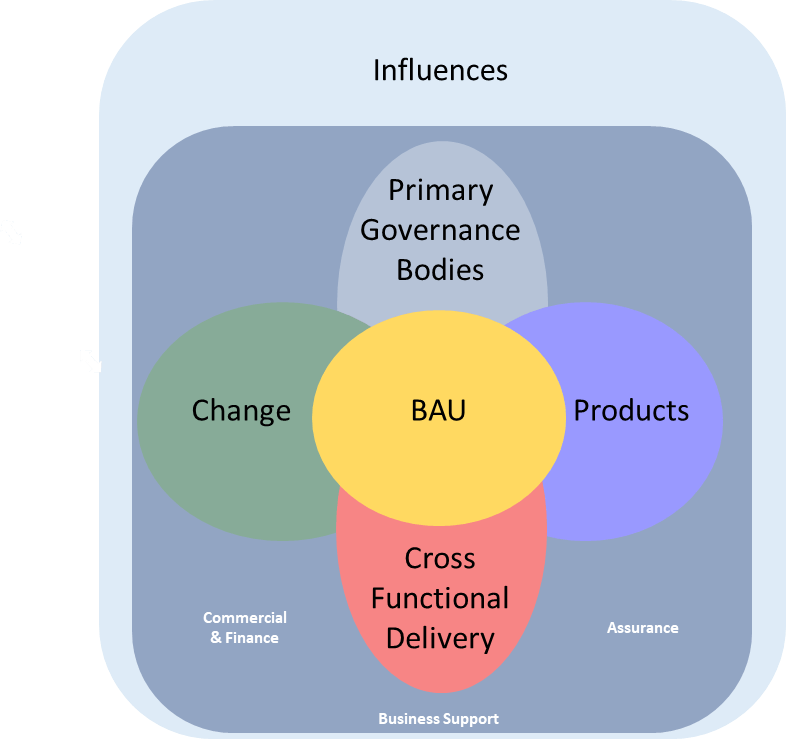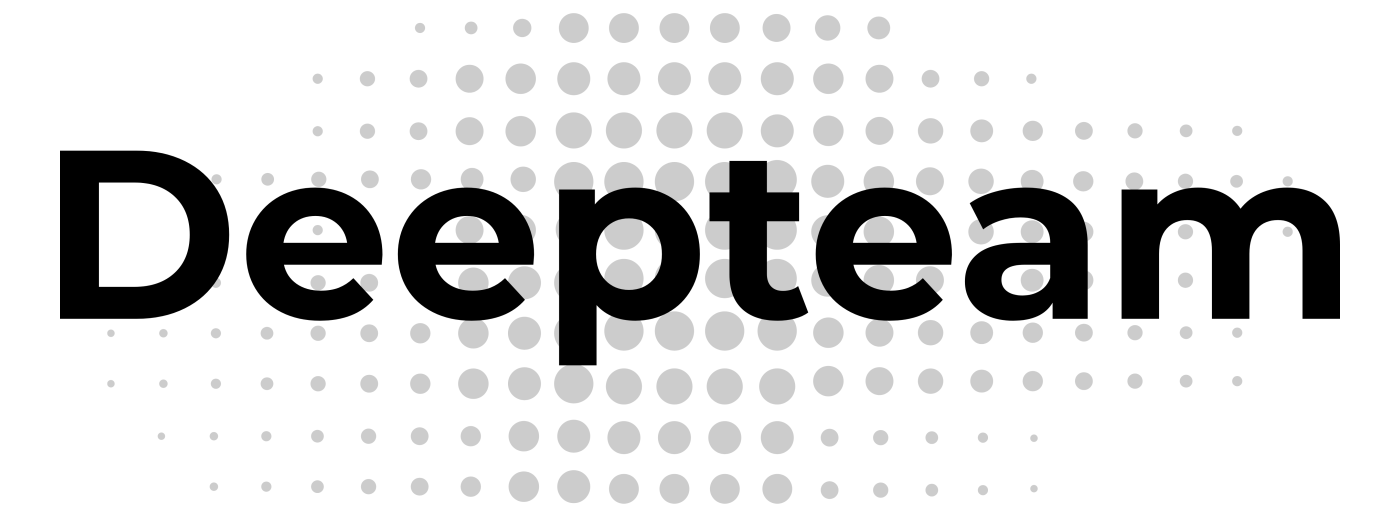Bookable Workshop:
Bridging the gap:
Effective interface between strategy development and strategy execution
There’s plenty of survey evidence that strategy fails to deliver hoped-for changes and outcomes. That is often blamed not on the strategy itself but its execution.
But we think the problems lie much more often in the flawed strategy development approach and feedback mechanism. What if there was an approach which developed better strategy and made for a better interface between development and execution?
At an event hosted 26th May 2022, we outlined an approach that does just that: Patterns of Strategy, a systemic approach to developing strategy. We then looked at the interface and got specific about what information needs to flow between the development team and the execution team – in both directions. What does the execution team need to know about the strategy and how changes in the environment / context impacts on the forecast outcome, so that it can deliver a successful outcome as well as deliverable? What does the strategy team need to know about the capabilities of the organisation, the status of the context / environment and progress towards delivering the desired outcome, so that it can set and revise strategy continually? We captured thoughts from attendees and shared as meeting outputs.
We also recognised that we need to do more than think about two teams working on their domains independently. In reality, there are lots of teams each working on ‘their bit’ in response to directions and working on ‘their redirects’ in response to progress and changes in the environment. We need to rebuild a culture from ‘baton passing’, to one which recognises and then manages priorities and mutual interdependence.
We explained that the Business Integrated Governance model recognises that there are many boundaries from top to bottom in an organisation. It encourages us to be holistic about integrating strategic initiatives at multiple levels - and rebuild decision making, governance and accountability. It supports the integration of people into a high performing and collaborative culture, local processes , standards and tools. It also demands the open sharing and aggregation of data that rather than sending information point to point.
It is now available to book privately.

The agenda was:
- The strategy formulation problem as we see it
- A systematic approach to strategy formulation
- Formulation to Delivery – Information Flows Brainstorm
- The Business Integrated Governance Concept
- First Steps…overcoming inertia

In the workshop we asked:
Q1 What do strategy teams need to know about the capabilities of the organisation and progress towards delivering the strategy, so that it can set and revise strategy?
In summary:
Strategy teams (STs) need to know some basic numbers like capacity, and other core descriptions like capability and skill (either to make changes, or to carry out business post change). STs need to understand the processes, mechanism and culture of the organisation. The STs need to be able to track progress of change attainment, and need to be able to adapt what is being carried out because factors affecting drivers for strategy, choices for strategy and delivery of strategy may change.
Not mentioned:
Sensing outside the organisation into environment, customers, suppliers
Current workloads and factors which would determine priority calls. Non-strategy related objectives and targets.
Q2 What do the people involved in execution/strategy delivery need to know about the strategy, so that it can deliver fully and well?
In summary:
The delivery team need to know their measures (outputs, outcomes, metrics, rational vision to be achieved. This needs to be done through effective communication both ways. There was to be done with sensitivity towards ground conditions and emergent changes to drivers.
Not mentioned:
Priorities, constraints, empowerment, operating model, delivery methods, governance integration
Access the public session recording (a series of short videos) here.
This session can be run internally for any organisation and is intended for:
- executives developing strategy,
- managers of the strategic process,
- those managing the transition into delivery, overseeing or supporting business integration and governance.
The session is hosted by our associates:
David Dunning and Lucy Loh / Patrick Hoverstadt

DAVID DUNNING
Deepteam
Chairman of the Board and CEO
Lead author on Business Integrated Governance
BSI G1 Governance Committee Member

LUCY LOH
Fractal
Director
Management Consultant

PATRICK HOVERSTADT
Fractal
Director
Management Consultant



